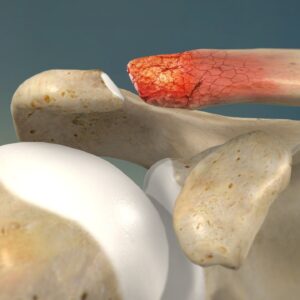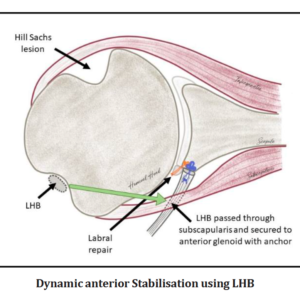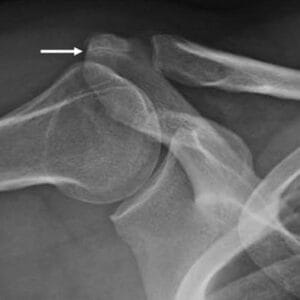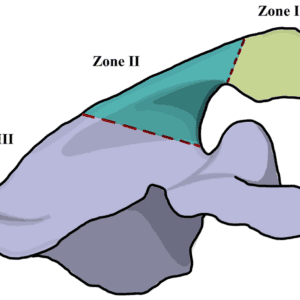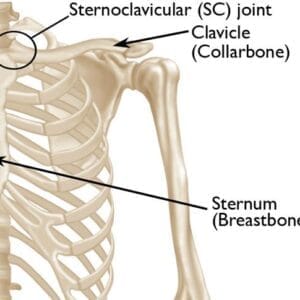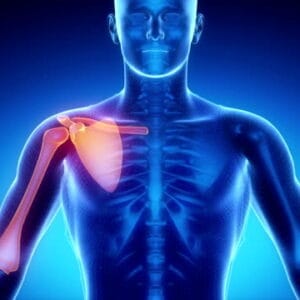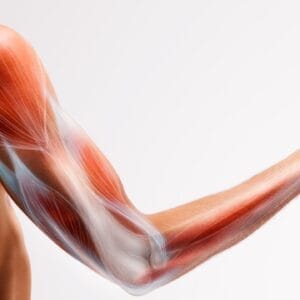Distal Clavicle Osteolysis
Shoulder.Struggling with pain at the top of your shoulder? Distal Clavicle Osteolysis (DCO) is a treatable condition that affects the end of your collarbone at the acromioclavicular (AC) joint. Often linked to repetitive gym training or overhead sports, it can cause persistent discomfort during lifts or certain movements. With early

